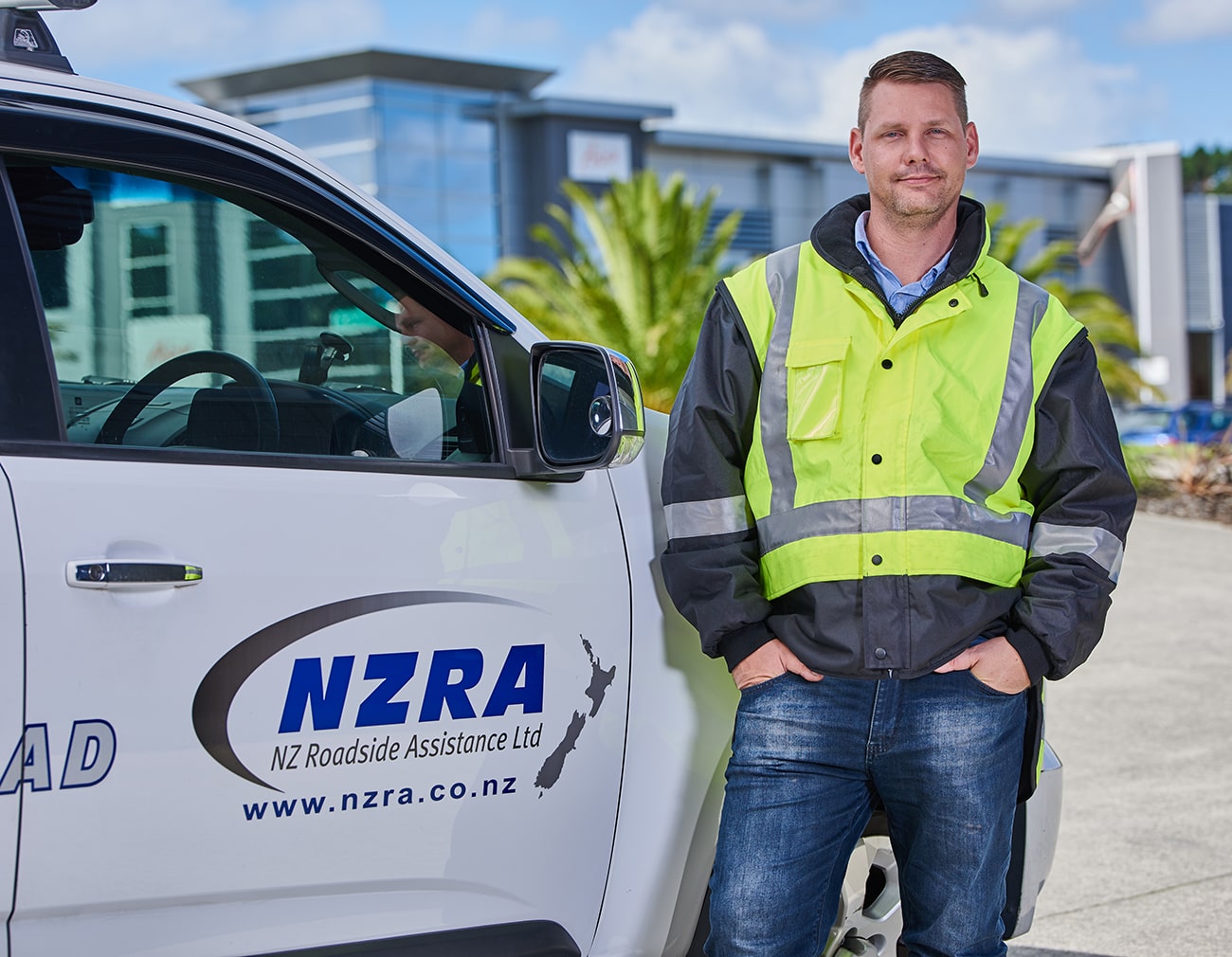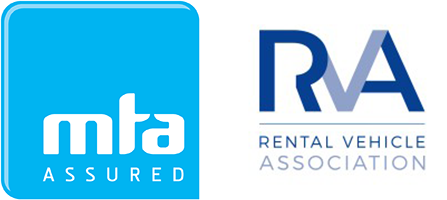Car breakdowns seem to have a knack of happening when we least expect it and usually when we have something really important to do! Some simple proactive steps can help prevent some of those inconvenient situations. Read on to learn how you can avoid the most common causes of car breakdowns, according to our national data.
Battery faults
Battery faults are by far the most common cause of car issues data shows this accounts for more than 50% of our customers’ breakdowns. A flat or faulty battery can occur for a number of reasons. It can be due to a poor electrical connection, faulty parts, a car light being left on, making lots of short journeys or simply not using the car for a while. Battery faults are also more common in winter, as a cold battery tends to have less cranking power.
There are a few things you can do to help prevent flat or faulty batteries:
- When your car is serviced, make sure your garage checks that the connections are secure and that the battery terminals are clean and protected from corrosion. Ask your mechanic to check water levels for batteries that have screw-like caps on top.
- If you make lots of short journeys, consider charging your battery overnight every two weeks.
- Always check that all internal and external lights are off when you exit your car.
- If you’re going away for an extended time, ask a friend or family member to take your car for a drive occasionally.
- Always check the indicator on top of your maintenance-free battery to ensure it’s green and fully charged.
Tyre and wheel issues
The next most common cause is damaged tyres and wheels, accounting for 17% of our recorded breakdowns. This could be a flat, leaky, misaligned or worn-down tyre, or crooked or bent wheels. Issues with your tyres and wheels can be due to poor alignment, driving at speed or over potholes or simply the general wear and tear that occurs over time.
To prevent tyre or wheels problem from slowing you down on the road, be sure to:
- Know the signs, including excessive vibration of your car, uneven tyre wear, bulges and blisters or cracks in the sidewalls. Regularly look over your tyres if you can identify any issue early, you can have your tyres replaced before they bite the dust.
- Be sure to adjust your tyre pressure accordingly when driving with heavy loads and if you have a 4wd, when driving on the beach or uneven terrain.
Main engine issues
Coming in at number three, main engine issues account for around 14% of our customer call-outs. The most common cause of an engine fault is inadequate lubrication, meaning there’s not enough oil in the engine. This lack of oil causes excessive friction between the engine’s moving parts, which causes damage. Other reasons for main engine issues include overheating, excessive rain damage or oil leaks. Engine failure is certainly nothing to be ignored, as it can lead to abrupt stops, causing accidents or you stranded on the side of the road.
Here are some ways you can avoid main engine issues:
- Keep an eye out for stains on your driveway or garage, as this is a sign you may have an oil leak you need to get fixed.
- Change your oil regularly most manufacturers recommend that you have your oil and filters changed every 5-10,000km or every six months whichever comes first.
- Check your oil and water regularly, especially before a long trip. Refer to your owner’s manual for the correct oil or coolant to top your vehicle up with.
Lost keys
While it’s less likely to happen on a busy highway, losing your keys or locking them in your car can leave you stranded. In fact, our data shows that this accounts for 5% of our call-outs. Thankfully, NZRA covers lost, locked-in or stolen keys we arrange for either the customer’s spare key to be delivered or for a locksmith. But to save yourself the inconvenience next time, there are a few things you can do to prevent yourself from getting locked out again.
- Always keep a spare key at home
- Don’t let children play with your keys
- Always take your keys with you, if you have an auto-lock car
- Regularly replace the battery in your electronic key
Fuel issues
While fuel issues are a less common reason for breakdowns than you’d think accounting for just 2% of our call-outs they do still happen. This includes not only running out of fuel, but also using the wrong type for your car, such as putting diesel in a petrol car or vice versa or, less commonly, using contaminated fuel. Signs you’ve used the wrong fuel include a check engine light showing, engine knocking, high-pitched pinging or rattling noise. If this happens, don’t drive your vehicle, as it can cause serious internal damage. Instead, call us and we will carry out a fuel drain and deliver the right type of petrol.
Here’s what to do to avoid running out of fuel or using the wrong type in the future:
- Always double-check the fuel grade/type on the pump before filling up. Pay extra attention when visiting an unfamiliar petrol station. If you do accidentally place the wrong fuel in your vehicle, remember not to turn the key or start the vehicle.
- Be proactive. Pull into the nearest petrol station when your fuel gets ¾ of the way to empty, or earlier


